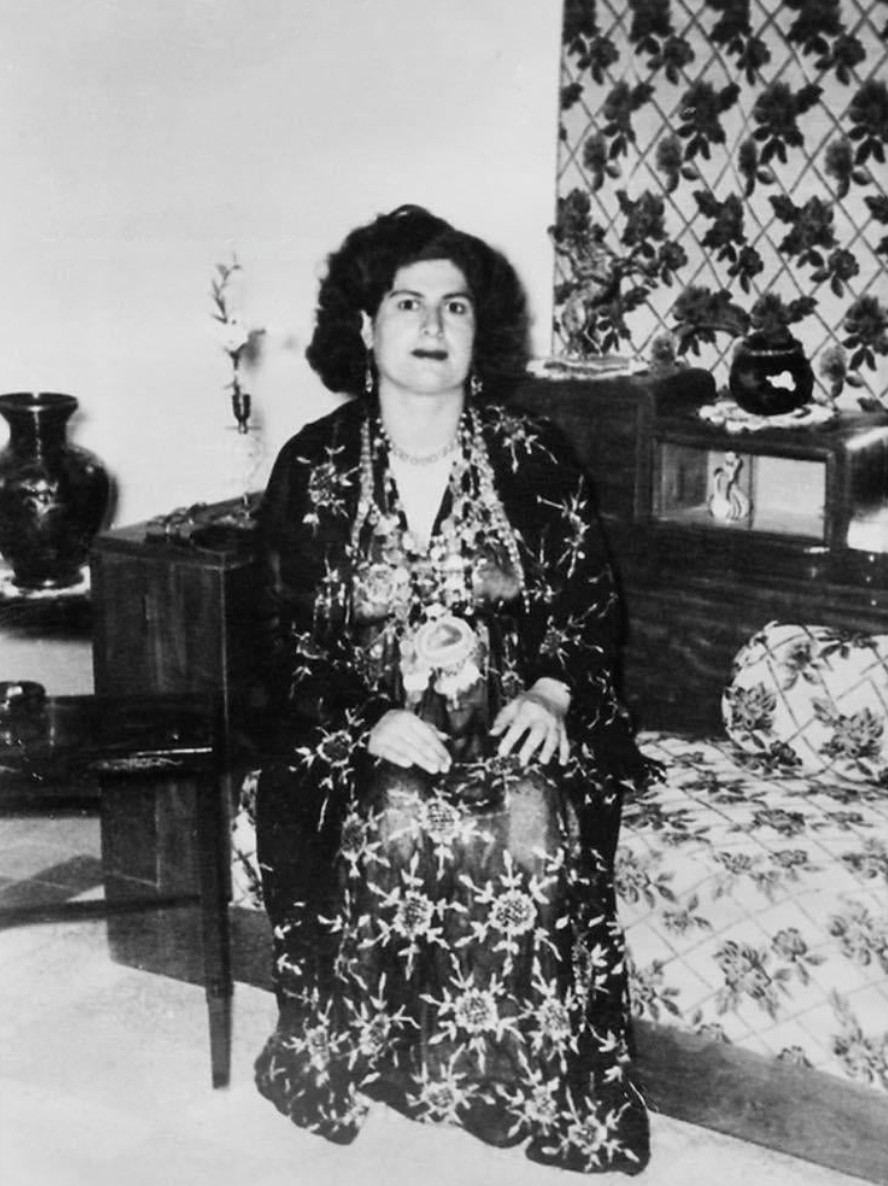The composition of Iraq has long been a topic of discussion, given its intricate blend of ethnic, religious, and sectarian groups. The question arises: does Iraq consist of one homogenous people or multiple distinct peoples?
Throughout the country's history, various terms have been employed by politicians, historians, and the international community to describe the people of Iraq, reflecting the complexity of its social fabric. This article seeks to delve into the constitutional terminology, historical context, and practical expression of Iraq as a nation composed of multiple coexisting peoples.
The evolution of constitutional terminology
A glimpse into Iraq's constitutional history reveals a profound acknowledgement of its diverse composition. The 1925 constitution referred to the legislative authority as the "Iraqi National Assembly," implicitly suggesting the participation of various groups. Subsequent constitutions in 1958, 1963, and 1970 recognized the partnership between Arabs and Kurds as the primary nationalities within Iraq alongside other components and groups. The 2005 Constitution explicitly declared Iraq a "multinational, multi-religious, and multi-sectarian country," firmly establishing the nation's plurality.
Political discourse and recognition of diversity
Political leaders from different parties have consistently utilized terms like Arab, Kurdish, or Turkmen people in their speeches and official communications. This tacit agreement among politicians implies the understanding that Iraq is a nation comprising multiple peoples, each possessing distinct national, social, cultural, religious, and sectarian characteristics. By recognizing and embracing this diversity, politicians strive to address the legitimate aspirations and identities of these groups.
A practical expression of coexistence
The attempt to homogenize Iraq's diverse communities under centralized political systems has proven unsuccessful. Rather, these communities have continually asserted their particularities, distinctiveness, and legitimate ambitions. The term "Iraqi nation" serves as a practical expression of coexistence, emphasizing shared geography, common customs and traditions, and a predominantly Islamic faith among these peoples. It promotes solidarity among the various components without advocating for division or hostility.
Respecting identities and overcoming tutelage
In the contemporary era, imposing guardianship or suppressing the role of distinct peoples no longer aligns with prevailing notions of the right to self-determination. The era of unilaterally approaching the efforts of peoples from an ideological standpoint has come to an end. The pursuit of equality and solidarity should not be predicated on false claims of belonging to a single people but on acknowledging and appreciating the individual identities and characteristics of each group. The term "Iraqi nation" allows for the celebration of diverse identities while fostering a sense of unity within a shared homeland.
Coexistence within a homeland
On many occasions, the leaders of the Kurdish people have emphasized the independence of the Kurdish people in Kurdistan while expressing their pride in belonging to Iraq. This honesty and transparency in addressing the Kurdish people and other communities living in Iraq reflect the complex dynamics of the nation.
It is understandable that some individuals may view the term "Iraqi nation" as a distortion that does not align with their political understanding. However, a closer examination of Iraq's modern history and the experiences of other nations reveals the inherent realities. It is worth noting that certain critics might perceive the use of this term as an endorsement of those in power or an attempt to favor a singular nation, potentially disregarding the national, cultural, and social characteristics of the Iraqi peoples.
To those who hold such reservations, it is essential to recognize that a nation represents interdependence, solidarity, brotherhood, and equality among its diverse peoples. Just as the concept of an "Islamic nation" does not erase the distinct characteristics of its constituent peoples but instead fosters respect and moral values among them, the term "Iraqi nation" similarly does not seek to diminish the unique traits of its diverse components.
While the notion of a "nation" typically refers to a collective yearning for a shared origin, history, and language, it also implies that the individuals within these groups do not forfeit their individual nationalities. Despite residing in one geographical area and having interconnected lives, the various groups in Iraq maintain their distinct identities.
Thus, the Iraqi nation consists of a collection of peoples destined to coexist within a shared homeland. Each group within this nation aspires to a larger national identity, with the Arab people desiring an Arab nation, the Kurdish people yearning for a Kurdish nation, and the Turkmen expressing similar aspirations. Nonetheless, within Iraq, these groups, in addition to their sense of belonging to the broader Islamic nation, collectively form the Iraqi nation due to their coexistence within the same geographic boundaries.
Conclusion
The Iraqi nation epitomizes the coexistence of diverse peoples living within a common geographical territory. It encompasses the intricate fabric of Iraqi society, recognizing the individual identities, rights, and ambitions of each group while fostering a sense of unity. By acknowledging the complexity of Iraq's social composition, the concept of the Iraqi nation can serve as a framework for promoting inclusivity, harmony, and progress within the country.
Kamaran Salayi is a researcher and university professor.

